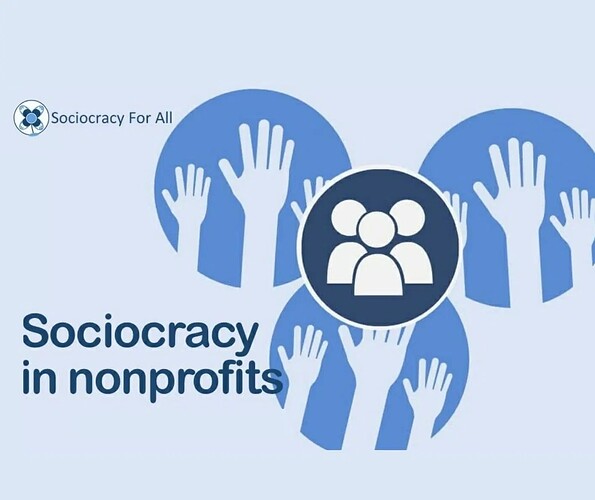In sociocracy, balancing organization interests with personal interests is a key aspect of the decision-making and governance process.
Here are some ways in which sociocracy helps in achieving this balance:
- Consent Decision-Making:
Sociocracy utilizes a consent-based decision-making process, where decisions are made with the aim of finding solutions that are acceptable and workable for all members involved. This process ensures that personal interests are taken into consideration, while also aligning decisions with the organization’s goals and interests.
- Circle Structure:
Sociocracy organizes an organization into circles, which are semi-autonomous units responsible for making decisions within their domain. This structure allows for both the expression of personal interests and the pursuit of organizational goals within specific areas of operation. Each circle has its own aims and policies, enabling members to have a direct influence on decisions that affect them personally.
- Double-Linking:
Double-linking is a practice in sociocracy where circles are connected through representatives who participate in decision-making processes in both the “parent circle” and the “child circle”. This allows for information and perspectives from different circles to be shared, facilitating a holistic view that considers both organizational and personal interests. Double-linking helps to ensure that decisions are made with a broader understanding of the impacts on different stakeholders.
- Continuous Improvement:
Sociocracy emphasizes the principle of continuous improvement through regular evaluations and feedback loops. This provides opportunities for members to voice their personal interests, concerns, and suggestions for enhancing the organization’s functioning. By actively seeking input from individuals, sociocracy allows for personal interests to be considered in shaping the organization’s policies and processes.
- Role Definition and Transparency:
Sociocracy emphasizes clearly defining roles and responsibilities within the organization. This clarity helps to manage expectations and ensure that personal interests align with the assigned roles and the overall aims of the organization. Transparency in role expectations and decision-making processes fosters a shared understanding, reducing potential conflicts between personal and organizational interests.
- Consent to Aims and Policies:
In sociocracy, aims and policies are consented upon by members, which means that they are broadly agreed upon and align with both organizational and personal interests. This consent process ensures that the organization’s aims and policies take into account the concerns and needs of its members, striking a balance between individual and collective interests. Feedback is a key communication tool for balance and authenticity.
By incorporating consent decision-making, circle structures, double-linking, continuous improvement, role clarity, and transparent processes, sociocracy aims to facilitate a collaborative environment where both personal and organizational needs are considered in decision-making.
I also recommend to visit this page about Sociocracy in Nonprofits and to watch this 45-min presentation on sociocracy in nonprofit organizations.
If you would like to share your comments or personal reflections on this topic, please feel free to do so in a comment below. Thank you.
Best wishes.
